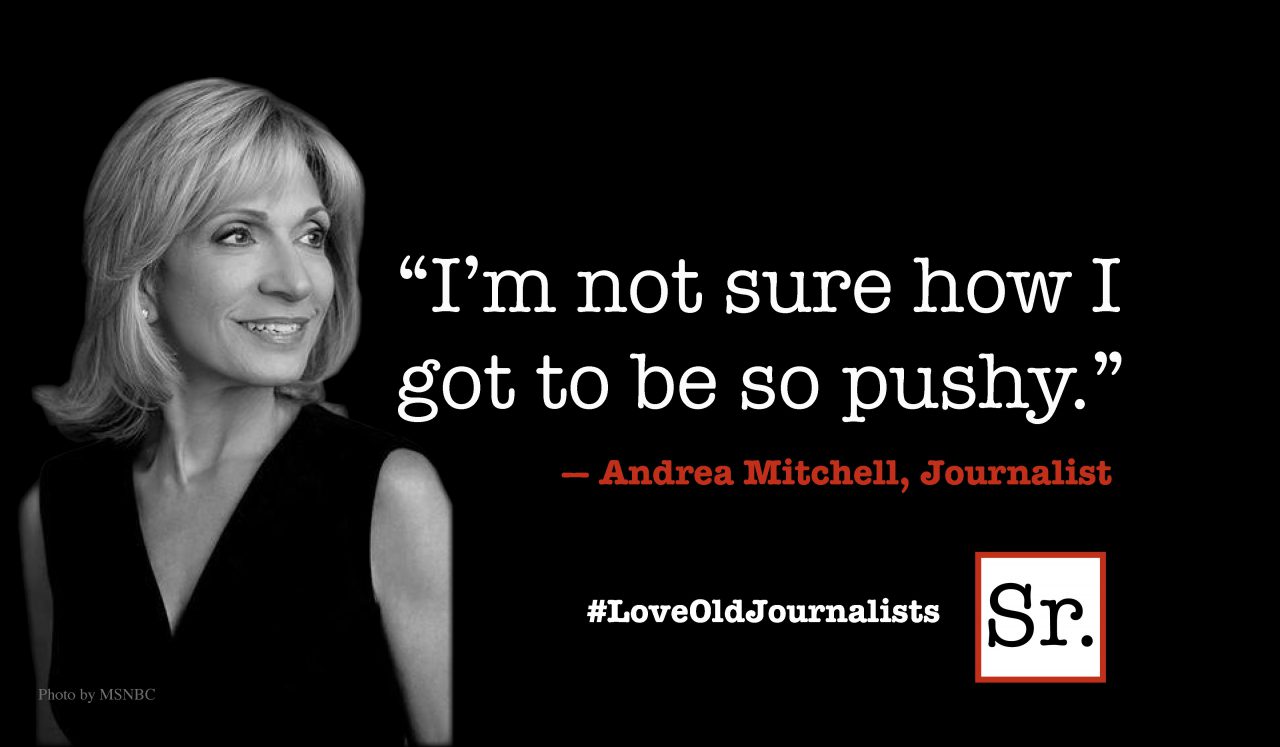At some time in the past, was the United States a great nation whose former greatness now needs to be recovered; or is ours a nation whose greatness lies somewhere in the future; or are we a nation that is great today? I suppose the answer to that question lies in how one defines greatness—what it means to be a great nation.
There have been nations or empires scattered throughout history who were powerful enough to control everything around them—to the farthest reaches of the known world. Their military might could not be challenged. Their cache of weapons was capable of destroying everything and everyone it touched, and still they longed for more. “Build up our military” was a political sales pitch. Their economic hegemony determined not only the rise and fall of the world’s markets, but also who should survive and who should not. Their doctrinal convictions dominated religion. Their borders were secure, and they kept out the unwanted. These mighty world powers were able to rid themselves of those they found unacceptable.
Their national might was largely in the hands of strong men. One thinks of the powerful rulers we have recently deposed—or tried to: Saddam, Kaddafi, Muburak, Bashar al-Assad. The conquering strong man may himself have been a misogynist, a sexual predator, someone who ridiculed the disabled, a liar and a cheat. He may have amassed a great fortune on the backs of those beneath him, and called himself smart for using obscure tax laws that provided him a way to pay nothing. When in power he might have made certain that those who had also amassed fortunes were treated to even greater wealth. He might have considered himself to be the leader of the world, and with that egotistical image belittled what he believed to be weaker nations. But if he frightened enough of his own people into feeling unsafe in a dangerous world, it did not matter what he had done or what he believed. He and his ambition would prevail.
One thinks back to such a strong man who said, the night after he became his nation’s chancellor, ”the Christian faith will safeguard the soul of the German people.” But for him and his party, religion was used as a weapon against those in his nation who did who did not bow to the to the twisted cross version of the Christian faith. To make good on these claims, he eliminated those he believed to be a threat—including 6 million Jews. He amassed what he believed to be the most powerful military force on the planet, and used that might to control Europe. It was only when the rest of the world—or most of it—said “stop!” that he, his party and his nation were brought down.
A nation that believes in this definition of greatness will build walls to keep undesirable neighbors out, and then cross over those walls to establish settlements and even cities on land that is not theirs. And it would make certain that these whose land it occupied did not have the same military might the occupying nation possessed, and were limited to throwing stones and firing rockets which did little more damage than firecrackers.
Am I talking about Germany, or Israel or the United States? Perhaps I am talking about any nation wherein the shoe fits.
A nation holding that definition of greatness will ignore what the scientific world knows to be true, even if the crisis threatens everyone’s survival. If, for instance, climate change interferes with national hegemony or does not promote domestic economic growth, it is to be discounted, and the world’s scientists ridiculed.
The leaders of such a nation will spin a web of racial slurs, covering the language with softer euphemisms—such as “urban poverty” or “reverse discrimination,” and will appoint to high positions long-time racists who may have modified their rhetoric, but not their convictions. A government which begins to live out of this perspective will market its philosophy internally to whomever it believes feels left behind, or marginalized, or overtaken by anyone who looks or talks differently, or has recently arrived from elsewhere.
For those of us deeply distressed about the present implications of the above definition, it will become clearer whether our newly elected President, who will come into office without winning the nationwide popular vote, will take this path or seek a very different definition of what makes a great nation. In a few weeks I will suggest what a very dissimilar definition of greatness might look like.









